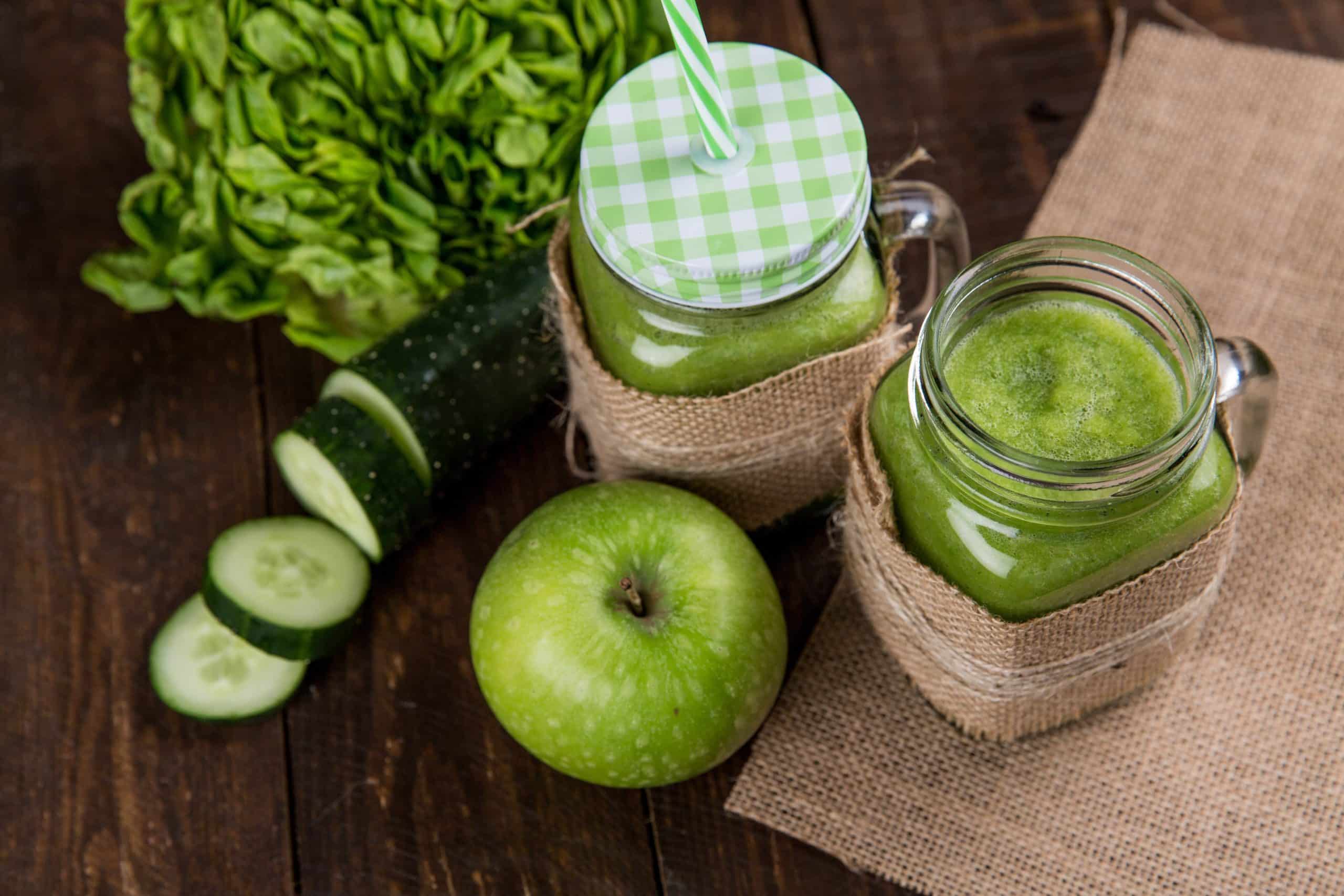You’ve likely heard of probiotics, but you may be less familiar with prebiotics. Both play critical and complementary roles for your gut and overall health.
Your gut lining, just like all other surfaces of your body, is covered in a layer of microscopic organisms, mostly bacteria. These little bugs create your microbiome and play a crucial role in how you think, feel, behave. You have a mixture of good and “bad” bacteria in your body, and striking a balance between the two is necessary for feeling your best.
Of your nine body systems, the digestive/immune system is one of the most important. It is responsible for the digestion of food, absorption of nutrients, elimination of waste, and overall immunity. Your gut acts as your body’s gatekeeper, letting in the helpful and turning away the harmful. Unfortunately, the standard American diet (SAD) is full of processed foods that can weaken and destroy healthy bacteria ultimately allowing harmful organisms to proliferate.
Probiotics: The Good Guys
Probiotics are the good bacteria that live inside your gastrointestinal (GI) tract. Probiotics help break down and digest food, support your immune system, and improve overall gut health. Gut bacteria can also influence and regulate hormone and neurotransmitter production, which impact your mood and feelings.
Some of the health benefits of increasing the number of probiotics (good bacteria) in your gut include:
- Improved gut health. Probiotics support digestion, regularity, and can help reduce instances of diarrhea. A healthy digestive system can also reduce common, but uncomfortable, conditions like gas and bloating.
- Improved immune system. The majority of your immunity cells reside in your gut, so it makes sense to heal your gut if you want to strengthen your immune system. Maintaining a healthy and diverse microflora protects you from harmful bacteria. Studies have shown that supplementing with probiotics can affect gene expression related to immune regulation.
- Boosting mental health. Your gut is often referred to as your “second brain.” Imbalances in gut bacteria, also known as dysbiosis, can directly affect your mental state. A review published in the Journal of Neurogastroenterology and Motility in 2016 found that probiotics were effective in improving psychiatric disorder-related behaviors including anxiety, depression, and memory abilities in animal and human trials.
- Healthy weight management. According to a 2016 review published in Nutrition and Metabolism, probiotics can impact food intake, appetite, body weight and composition, and other metabolic functions by increasing gut bacteria and diversity.
Prebiotics: The Food That Feeds Them
Prebiotics receive far less attention than probiotics, but they serve an essential purpose. Prebiotics are the food that feeds probiotics. They come from non-digestible fiber found in certain plant-based foods. It’s important to note that all prebiotics are fiber, but not all fiber is prebiotic.
Prebiotics act like a fertilizer that helps healthy bacteria in your gut flourish. Found in many fruits and vegetables, these fibers aren’t digestible, so they pass through the digestive system, are fermented by your microflora, and then produce essential nutrients for your probiotics. Prebiotic foods include:
- Asparagus
- Onions and garlic
- Chicory root
- Jicama
- Legumes
- Bananas
- Apples
Please note: It’s best to consume prebiotic foods raw because it preserves their fiber content.
Why You Need Both
Both probiotics and prebiotics are essential to maintaining the health of your gut as well as your entire body. Without prebiotics to fuel your good bacteria, they will starve and leave you at risk. And if you forgo taking probiotics, your prebiotic fiber is of little value. Combining prebiotics and probiotics is the best way to support your gut.
Adverse effects tend to be rare with prebiotics and probiotics; however, as with any type of supplement, you should consult with your healthcare professional before taking any supplement especially if you have a compromised immune system or digestive condition.
Prebiotic

- Two small capsules per day
- Gentle on the stomach
- Not affected by heat, cold, acid or time
- Organic/GMO-free
Probiotic

- Shelf stable
- 10 billion Colony Forming Units (CFUs) at time of manufacture, 5 billion at the one year expiration date guaranteed
*See catalog or website for up-to-date pricing and availability.









